Environment
Recent articles
New catalog charts familial ties from autism to 90 other conditions
The research tool reveals associations stretching across three generations.
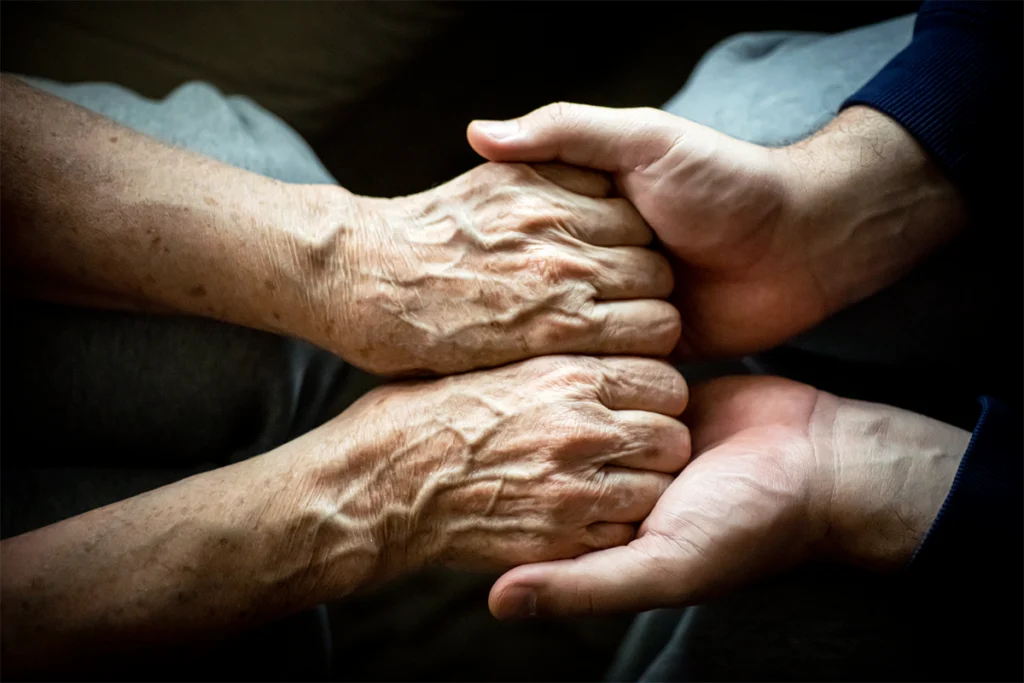
New catalog charts familial ties from autism to 90 other conditions
The research tool reveals associations stretching across three generations.
Brain imaging at the fair with Ka Ip
Does environment affect how children from diverse backgrounds perform on tests of executive function? Ip went to the Minnesota State Fair to find out.
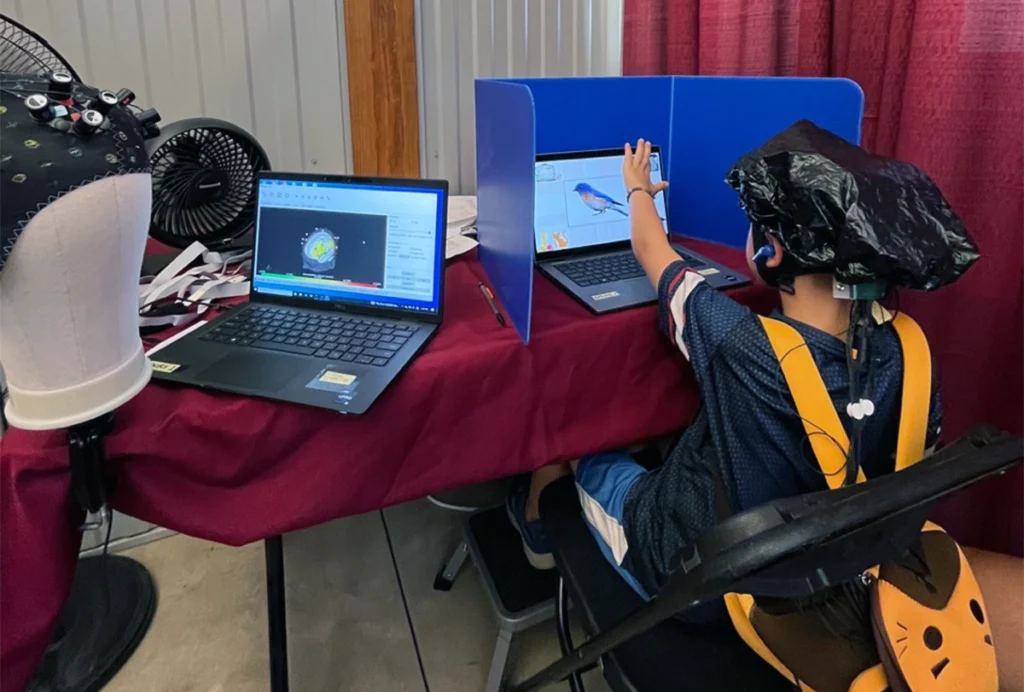
Brain imaging at the fair with Ka Ip
Does environment affect how children from diverse backgrounds perform on tests of executive function? Ip went to the Minnesota State Fair to find out.
Temperature tunes circadian timing in some desert mammals
Light has hogged all the attention in chronobiology research—but now, in camel, goat and mole rat experiments, temperature takes the lead.
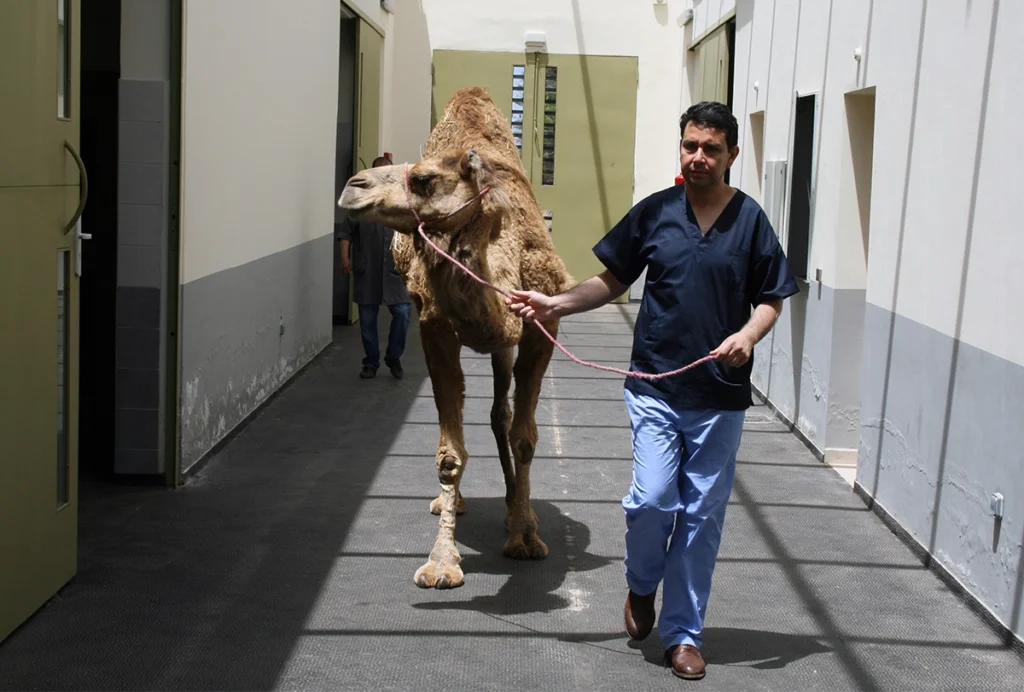
Temperature tunes circadian timing in some desert mammals
Light has hogged all the attention in chronobiology research—but now, in camel, goat and mole rat experiments, temperature takes the lead.
Acetaminophen use during pregnancy does not increase child’s chance of having autism, study finds
The link reported in prior studies likely reflects confounding factors, which sibling-matched controls in the new work address.

Acetaminophen use during pregnancy does not increase child’s chance of having autism, study finds
The link reported in prior studies likely reflects confounding factors, which sibling-matched controls in the new work address.
In hot water: Climate change tests limits of neuronal resilience in crabs
Warming seas disrupt the function of neurons — and could seed permanent changes in marine species, according to studies of a circuit that controls digestion in crustaceans.
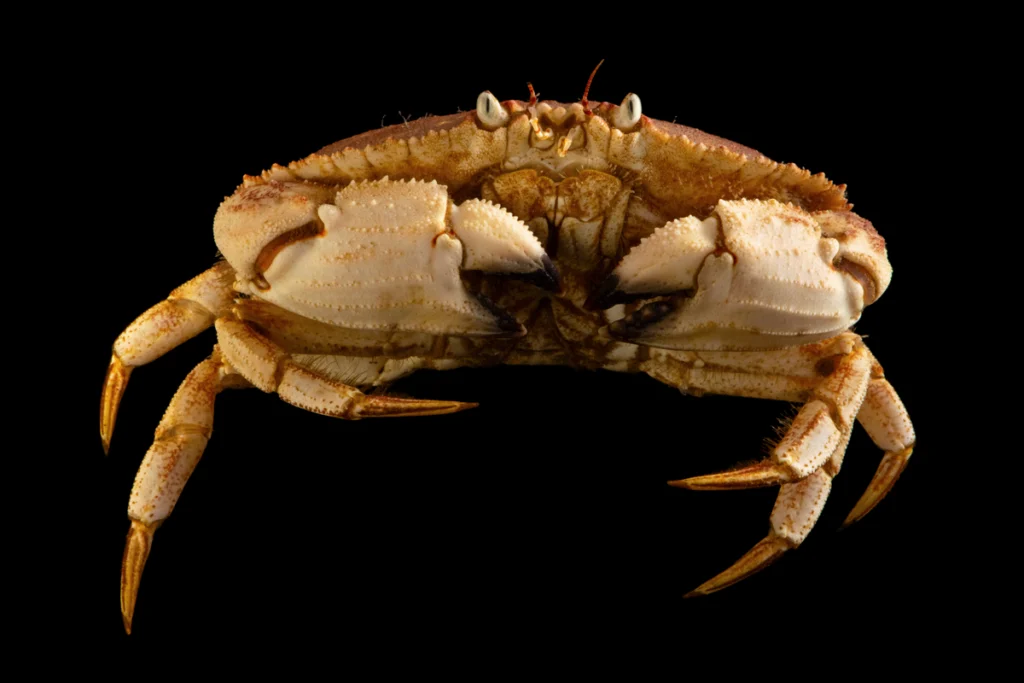
In hot water: Climate change tests limits of neuronal resilience in crabs
Warming seas disrupt the function of neurons — and could seed permanent changes in marine species, according to studies of a circuit that controls digestion in crustaceans.
Temperament is innate but hackable, animal studies suggest
Emotional reactivity and vulnerability to stress are largely inherited in rodents — but can be modified in early life by targeting inflammation-related cells or even just adjusting an animal’s environment.
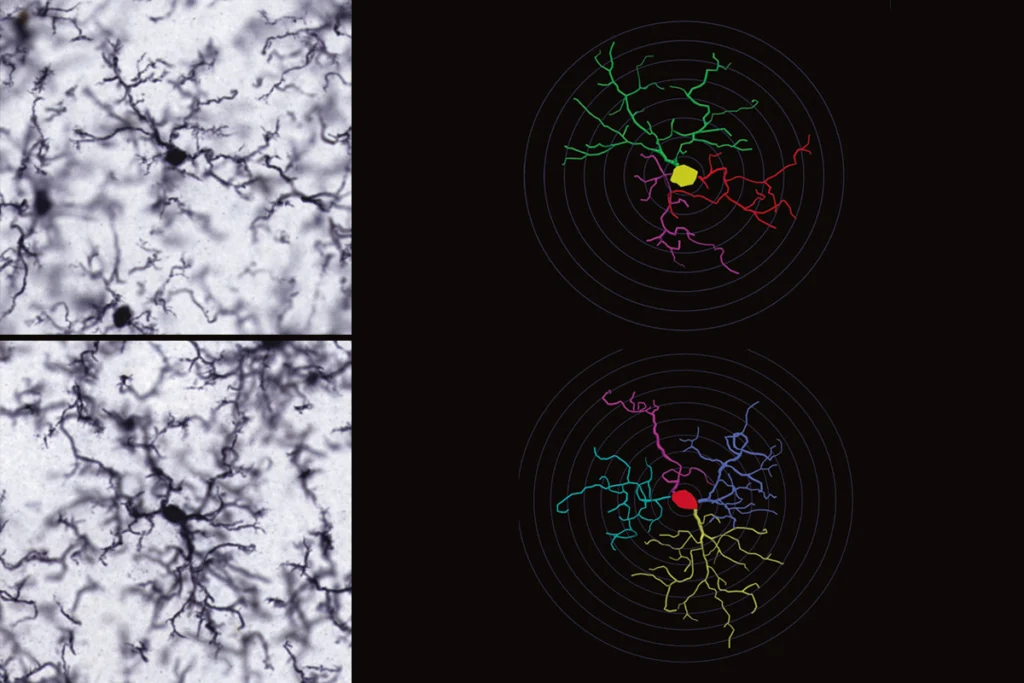
Temperament is innate but hackable, animal studies suggest
Emotional reactivity and vulnerability to stress are largely inherited in rodents — but can be modified in early life by targeting inflammation-related cells or even just adjusting an animal’s environment.
Immune-activation model mice escape infantile amnesia, retain early memories
Male pups born to mothers treated with immune-stimulating molecules show autism-like behaviors and, unlike wildtype animals, do not lose memories formed during early life.
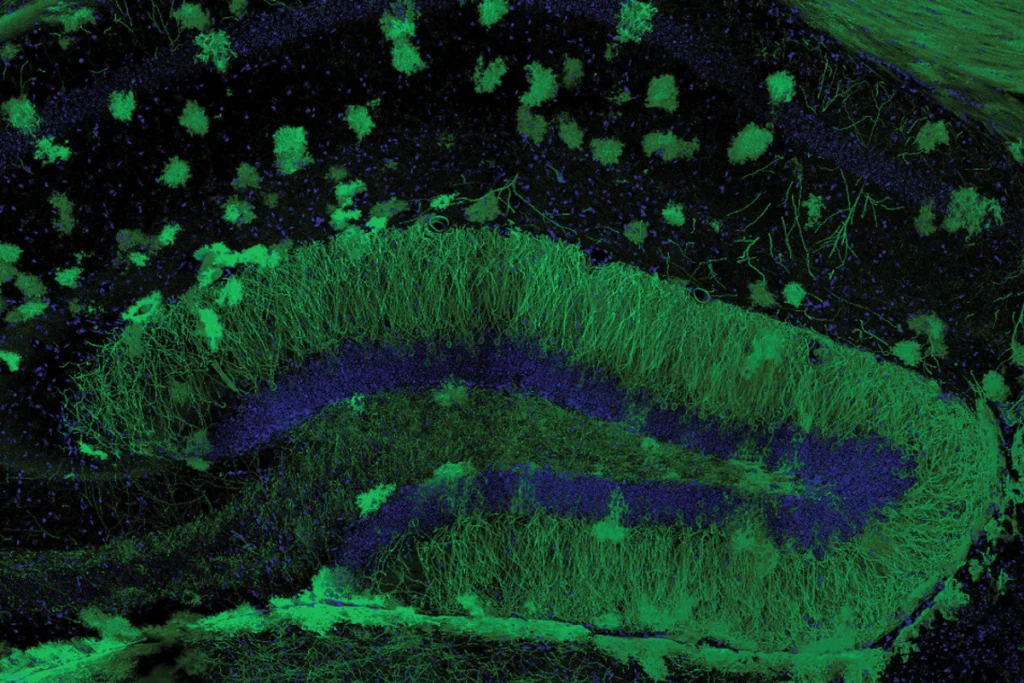
Immune-activation model mice escape infantile amnesia, retain early memories
Male pups born to mothers treated with immune-stimulating molecules show autism-like behaviors and, unlike wildtype animals, do not lose memories formed during early life.
Neuroscientists weigh carbon costs of attending annual meeting
Travel to the Society for Neuroscience conference is responsible for tens of thousands of metric tons of carbon emissions, according to a new study, but neuroscientists have yet to agree on what that should mean for the future of the in-person meeting.

Neuroscientists weigh carbon costs of attending annual meeting
Travel to the Society for Neuroscience conference is responsible for tens of thousands of metric tons of carbon emissions, according to a new study, but neuroscientists have yet to agree on what that should mean for the future of the in-person meeting.
‘Emergent and transactional’: How Jonathan Green is rethinking autism and interventions
The experienced clinician discusses writing his recent paper, and its reception in the field.

‘Emergent and transactional’: How Jonathan Green is rethinking autism and interventions
The experienced clinician discusses writing his recent paper, and its reception in the field.
Social skills decline during adolescence for a sliver of autistic youth
Most children with the condition, however, gain communication and social abilities over time.

Social skills decline during adolescence for a sliver of autistic youth
Most children with the condition, however, gain communication and social abilities over time.
Explore more from The Transmitter
As federal funders desert mentorship programs for marginalized students, trainee-led initiatives fill the gap
Grassroots organizations, led by graduate students and postdoctoral researchers, are stepping up to provide neuroscience career training and guidance for students from marginalized backgrounds—and they need your support.

As federal funders desert mentorship programs for marginalized students, trainee-led initiatives fill the gap
Grassroots organizations, led by graduate students and postdoctoral researchers, are stepping up to provide neuroscience career training and guidance for students from marginalized backgrounds—and they need your support.
Split gene therapy delivers promise in mice modeling Dravet syndrome
The new approach overcomes viral packaging limitations by delivering SCN1A piecemeal and stitching it together in target cells.

Split gene therapy delivers promise in mice modeling Dravet syndrome
The new approach overcomes viral packaging limitations by delivering SCN1A piecemeal and stitching it together in target cells.
U.S. human data repositories ‘under review’ for gender identity descriptors
Researchers associated with the repositories received an email from the U.S. National Institutes of Health in March noting that they must comply with a 20 January executive order from President Trump that recognizes only two sexes: male and female.
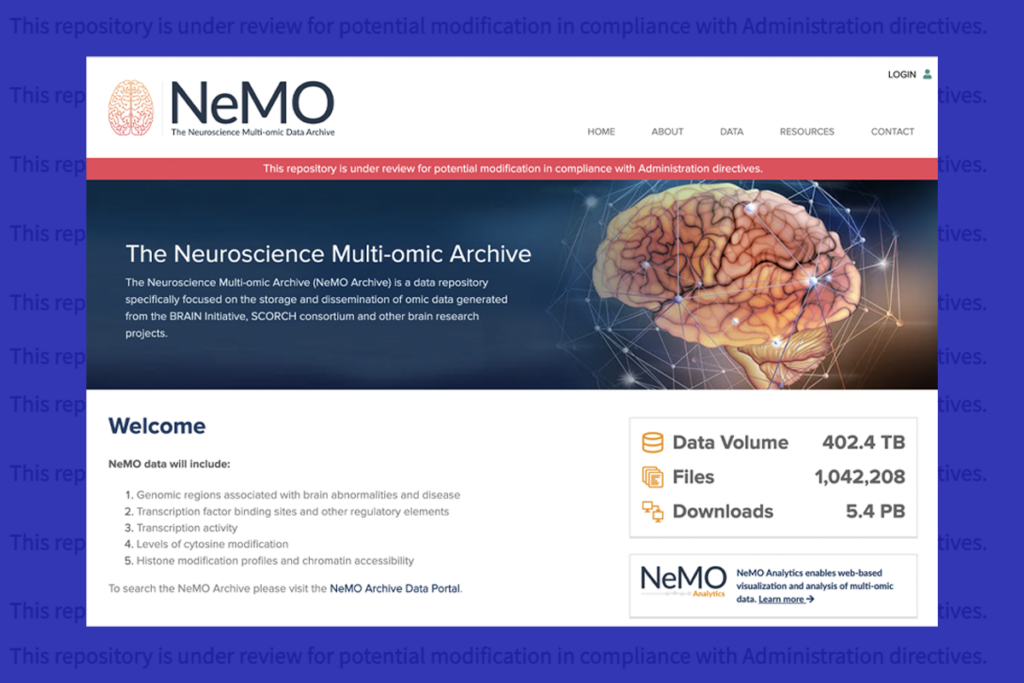
U.S. human data repositories ‘under review’ for gender identity descriptors
Researchers associated with the repositories received an email from the U.S. National Institutes of Health in March noting that they must comply with a 20 January executive order from President Trump that recognizes only two sexes: male and female.